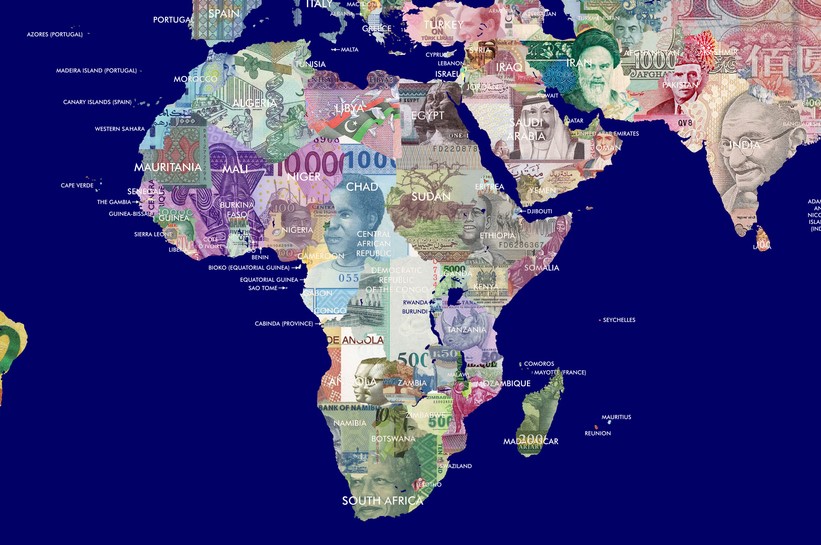
Sectors to Watch: E-Commerce
Following the economic shock caused by the Covid-19 pandemic, investors, policymakers and businesspeople are trying to discern which sectors will drive economic growth in the coming years. In our August 2021 newsletter, we identified 5 sectors to watch in Africa, which are likely to be at the forefront of the continent’s post-Covid-19 economic recovery. The fourth of these is e-commerce.
E-Commerce
Prior to Covid-19, it was forecast that rising internet connectivity rates in Africa would see online shopping account for up to 10 percent of all the continent’s retail sales by 2025. In the era of social distancing and less travelling, this trend has accelerated. As other sectors struggle to cope with the effects of the pandemic, the crisis appears to have persuaded a previously reluctant public to embrace e-commerce as a mainstream marketplace.
In contrast to a sector such as streaming, which is widely considered to be a luxury, online transactions have become increasingly vital for a larger section of Africa’s population, who have been forced to minimise social contacts due to the pandemic. This can be seen in South Africa, where e-commerce sales doubled during last year. Additionally, it spurred on new initiatives to promote online shopping, such as in Senegal, where the trade ministry created a dedicated e-commerce platform to provide Senegalese people with access to SMEs that sell essential goods during the country’s lockdown.
It also favoured pre-existing online marketplaces, which are starting to gain global recognition. One such example is Jumia – the Nigerian company that has developed into Africa’s largest online marketplace since its founding in 2012 – which is now compared to the likes of Alibaba of China and Mercado Libre of Latin America. The company attracts 23.3 million visits a month and is truly diverse in its user base: its largest user country, Nigeria, makes up only 31 percent of the total monthly visits. This illustrates the growing popularity of e-commerce, which is no longer limited to the continent’s major economies.
E-commerce’s growth predated the pandemic, indicating that its development over the past 18 months cannot be simply attributed to a Covid-19-induced bounce. Illustrative of this was an average annual growth of 18 percent between 2014 and 2018, compared to the global average of 12 percent. Moreover, it appears that the market has longevity. Not only will an increase in internet coverage lead to more consumers, but many of those that have moved to using e-commerce because of the pandemic want to continue using it. As a recent survey by the UN Conference on Trade and Development (UNCTAD) revealed, close to 50 percent of African consumers plan to continue using online shopping at greater rates than they did before Covid-19 struck. As a result, it looks like e-commerce is set to play an increasing role in the African business environment for years to come.
This article originally featured in Africa Integrity’s August 2021 Newsletter. To join our newsletter mailing list, please contact us.